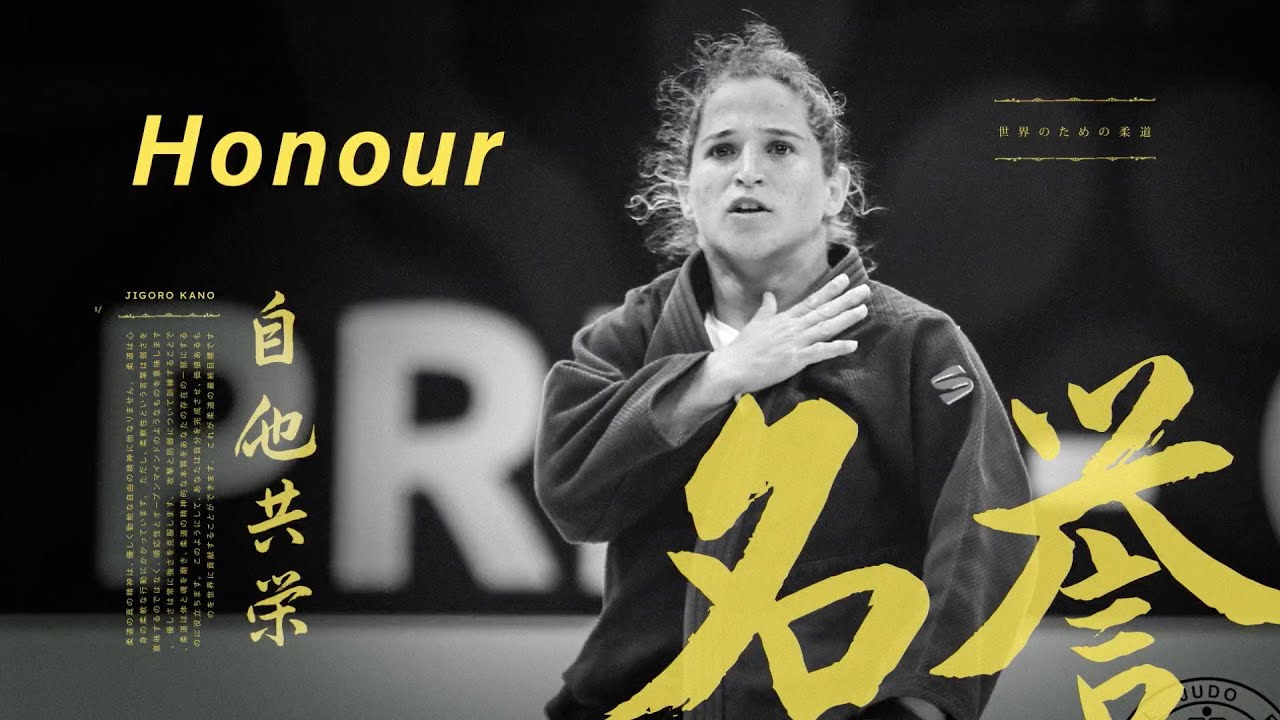TAOISM | Be Like Water
Summary
TLDRThis video script delves into the Taoist philosophy of flexibility, using water as a metaphor for adaptability and resilience. It contrasts the rigidity of the mind with the fluidity of thought, emphasizing the importance of embracing change and impermanence. Drawing from Lao Tzu's 'Tao Te Ching,' the narrative advocates for a 'soft' approach to life, illustrating how yielding can overcome hardness. The script also references 'The Shawshank Redemption' to exemplify the power of patience and subtlety, ultimately arguing that being like water—flexible, yielding, and adaptable—can lead to strength and success.
Takeaways
- 💧 Water is celebrated for its softness and yielding nature, which paradoxically gives it the power to overcome hardness and rigidity.
- 🧠 Rigidity of thought can limit our perception and keep us stuck in fixed ideas, hindering our ability to adapt to change.
- 🌱 Embracing flexibility and fluidity in our approach to life can help us navigate the complexities and changes of the universe more effectively.
- 📚 Lao Tzu's 'Tao Te Ching' advocates for a life stance that is flexible, similar to water, as opposed to a rigid one.
- ☯️ Taoist philosophy, with its emphasis on the balance of yin and yang, teaches us to value both active and passive elements of existence.
- 🌿 Observing nature through a Taoist lens reveals the harmony between opposites and the principle of ongoing change.
- 🌊 Water's adaptability and resilience are demonstrated by its ability to take various forms and survive different circumstances.
- 🌱 The softness and flexibility of living beings, likened to water, contribute to their strength and ability to endure.
- 🔄 Accepting the reality of impermanence and learning to flow with life's changes can save energy and foster a tranquil mind.
- 🎬 The movie 'Shawshank Redemption' illustrates the power of softness and patience through the character of Andy Dufresne, who overcomes adversity with a gentle yet persistent approach.
Q & A
What does Lao Tzu compare the supreme good to in the Tao Te Ching?
-Lao Tzu compares the supreme good to water in the Tao Te Ching.
How does the script describe the nature of water?
-The script describes water as soft, yielding, flexible, and capable of overcoming the hard and rigid.
What is the main difference between the yin and yang aspects of life?
-The script describes yang as active, fast, productive, and hard, while yin is passive, receptive, soft, and flexible.
Why is rigidity of the mind considered a limitation according to the script?
-Rigidity of the mind limits our perception and makes us stuck in our ideas of how things are or should be, which does not align with the ever-changing nature of the universe.
What is the Taoist perspective on weakness and yielding?
-Taoism views weakness or the willingness to yield as a strength because it allows for flexibility and adaptation to change.
How does the script relate the concept of water to the idea of flexibility in life?
-The script suggests that being like water, which is adaptable and flexible, is a more fruitful approach to life, enabling us to flow along with the changes.
What does the script suggest about the cultural celebration of yang aspects of life?
-The script suggests that our culture celebrates yang aspects such as speed, productivity, and confrontation, often overlooking the value of yin aspects like receptivity and flexibility.
How does the script explain the resilience of water?
-The script explains that water is resilient because it can take various forms and adapt to different circumstances, such as changing from liquid to solid or gas depending on temperature.
What is the significance of the quote from Alexander Hamilton mentioned in the script?
-The quote from Alexander Hamilton is used to illustrate the cultural preference for rigidity and standing one's ground, which the script contrasts with the Taoist philosophy of flexibility.
How does the script use the movie 'Shawshank Redemption' to illustrate the power of softness?
-The script uses the character Andy Dufresne from 'Shawshank Redemption' to demonstrate how soft and stealthy methods, like patience and intelligence, can lead to significant long-term change.
What is the message behind the story of the crooked tree in Zhuangzi mentioned in the script?
-The story of the crooked tree in Zhuangzi illustrates that what is seen as useless or undesirable can have positive aspects, such as longevity and providing a place of rest, and that flexibility in perception can lead to finding value in what is often overlooked.
What does the script suggest is the key to overcoming the hard by being soft?
-The script suggests that the key to overcoming the hard by being soft is to practice Taoist philosophy of 'not forcing' anything, to adapt to circumstances, and to use force only when necessary and at the right opportunity.
Outlines

Esta sección está disponible solo para usuarios con suscripción. Por favor, mejora tu plan para acceder a esta parte.
Mejorar ahoraMindmap

Esta sección está disponible solo para usuarios con suscripción. Por favor, mejora tu plan para acceder a esta parte.
Mejorar ahoraKeywords

Esta sección está disponible solo para usuarios con suscripción. Por favor, mejora tu plan para acceder a esta parte.
Mejorar ahoraHighlights

Esta sección está disponible solo para usuarios con suscripción. Por favor, mejora tu plan para acceder a esta parte.
Mejorar ahoraTranscripts

Esta sección está disponible solo para usuarios con suscripción. Por favor, mejora tu plan para acceder a esta parte.
Mejorar ahora5.0 / 5 (0 votes)






